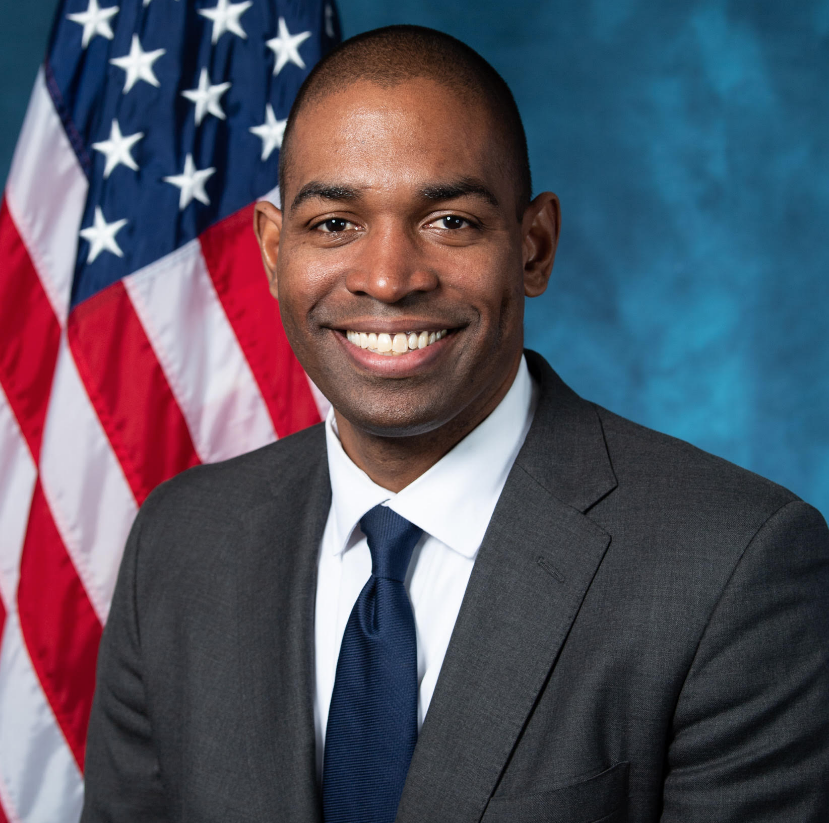
The governor was on fire.
There were no sacred cows in the house.
Dispensing with the flourishes and formalities of past speeches, Gov. David Paterson got right to the heart of the matter last week in his State of the State address: This was the “winter of reckoning.”
He wanted everyone to sit up and take notice. There would be no more doing business as usual.
He exuded confidence; pumping his fists and mincing no words.
Runaway spending, career politicians, unethical behavior and special interest groups be damned.
He said the old way of doing budgets was unsustainable.
He renewed a call for a spending cap.
“I will not write bad checks or mortgage our children”™s future.”
He wants to restore accountability to one of the most dysfunctional state governments in the nation.
“The days of running New York like a payday loan operation must come to an end.”
He said, “We must enact real and lasting cuts to our state”™s bureaucracy, merge agencies to improve efficiency and save money, begin the public tracking of agency performance and develop a long-term strategy for fiscal planning.”
To that end, he said Lt. Gov. Richard Ravitch would take the lead on developing a four-year financial plan. He also announced the creation of EmpireStat, a program to track the performance of state agencies.
Saying he knew that the idea of a spending cap has met resistance from “the usual suspects” in the past, he said his reform bill is tied to a circuit-breaker property tax relief program that would provide direct relief to taxpayers by providing incentives to municipalities to limit property tax increases.
The governor”™s Reform Albany Act got muted response from most members of the Legislature after he introduced it as a means to end outside influence and the so-called pay-to-play rules of engagement.
Â
He called out the members of the special interest groups who were guests in the Assembly chamber and said their days were numbered.
Â
“They expect others to shoulder the burdens that they are unwilling to bear or expect special treatment with no regard for the welfare of others.”
He would enforce his act with a new Government Ethics Commission. He said it would bring oversight not just to the special interests, but to the “so-called good government groups that hide their donors behind walls of sanctimony.”
Also getting little applause from the lawmakers was another aspect of the Reform Albany Act ”“ the setting up of term limits for members of the Legislature and other statewide elected officials. It would limit Assembly members and state Senators to four, two-year terms and statewide office holders to two, four-year terms.
Too bad that can”™t be grandfathered in.
As far as repairing the state”™s sputtering economic engine, Paterson announced the Excelsior Jobs Program, which would replace the Empire Zones. He heralded it as the centerpiece of “the most innovative job-creation agenda in the history of New York.”
It would target high-tech and clean energy growth jobs through tax credits.
For small businesses, where startup capital is the biggest obstacle, the governor proposed creating a small-business revolving loan fund that would provide capital to “worthy entrepreneurs.” He said it would be aimed at minorities, women and other business owners who have difficulty getting credit.
One interesting business growth initiative Paterson unveiled with little detail was a $25 million New Technology Seed Fund that would aid colleges with research and partner them with businesses to commercialize their products. The governor said it would create the next Silicon Valley.
Let”™s hope the Hudson Valley is considered a serious contender.
Bringing fairness, accountability and openness to government is a start.
Some critics said the proposals are dead on arrival with little chance of making it through the Legislature.
We”™re not expecting all of the governor”™s ideas to happen immediately.
But keep in mind that change might be around the corner come November. That”™s when a phenomenal occurrence will take place ”“ all 212 seats in the Legislature are up for re-election, along with the governor, the two U.S. senators and the 29 U.S. Representative seats.
Talk about change.



















